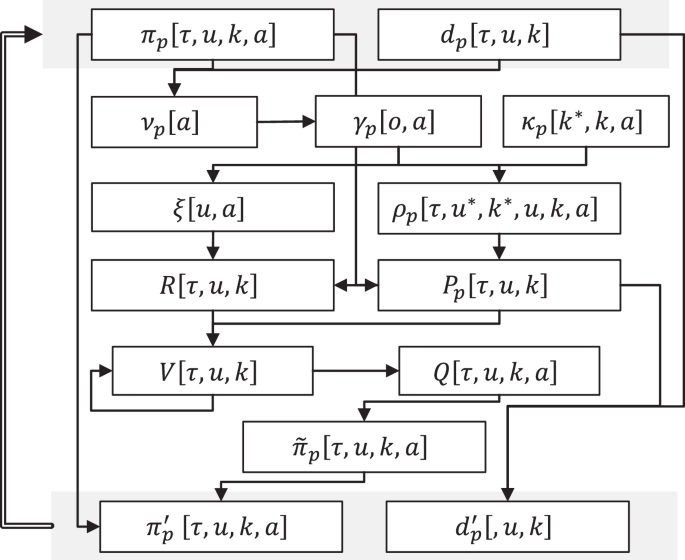Karma economies for sustainable urban mobility–a fair approach to public good value pricing
 Image credit: Kevin Riehl
Image credit: Kevin RiehlAbstract
City road infrastructure can be considered a public good, and congestion is the intersection of demand for mobility with the limited available transportation supply. Congestion pricing is effective in reducing demand to sustainable levels below network capacity limits, but also controversial, as it introduces equity issues and systematically discriminates against lower-income groups. Karma is a non-monetary, fair, and efficient resource allocation mechanism that employs an artificial currency different from money, incentivises cooperation amongst selfish individuals, and achieves a balance between giving and taking. Where money does not do its job, Karma achieves socially more desirable allocations by being aligned with consumers’ needs rather than their financial power. This work highlights the value proposition of Karma, provides guidance on Karma mechanism design, and equips the reader with a useful software framework to model Karma economies and predict consumers’ behaviour. A case study of road pricing demonstrates Karma’s potential.